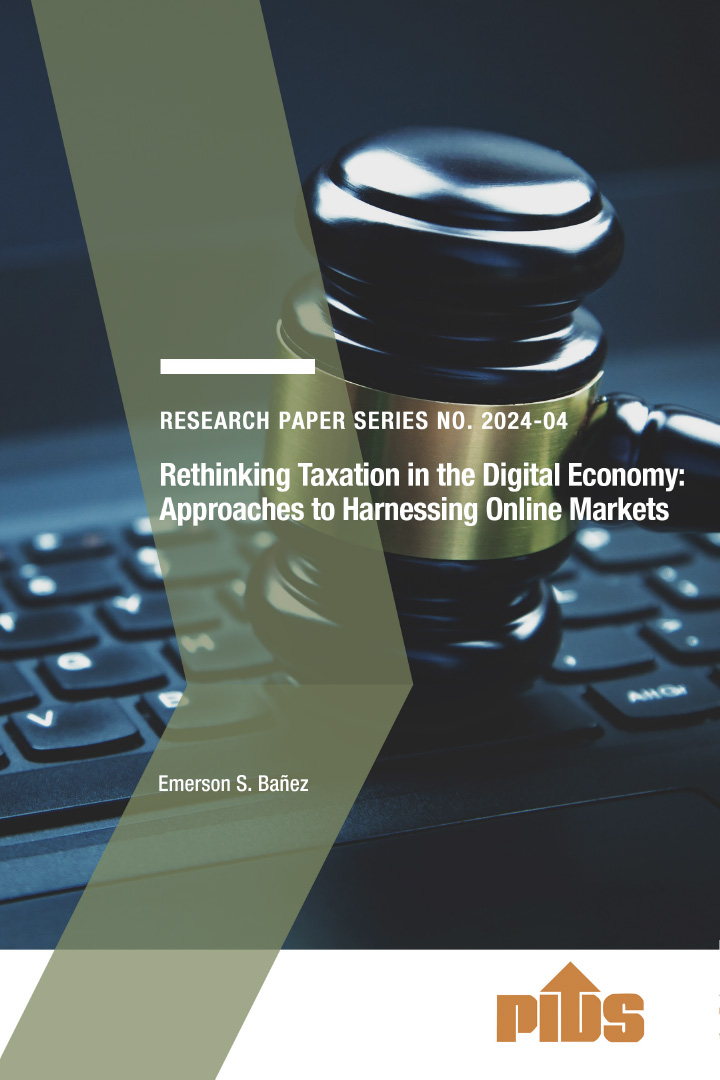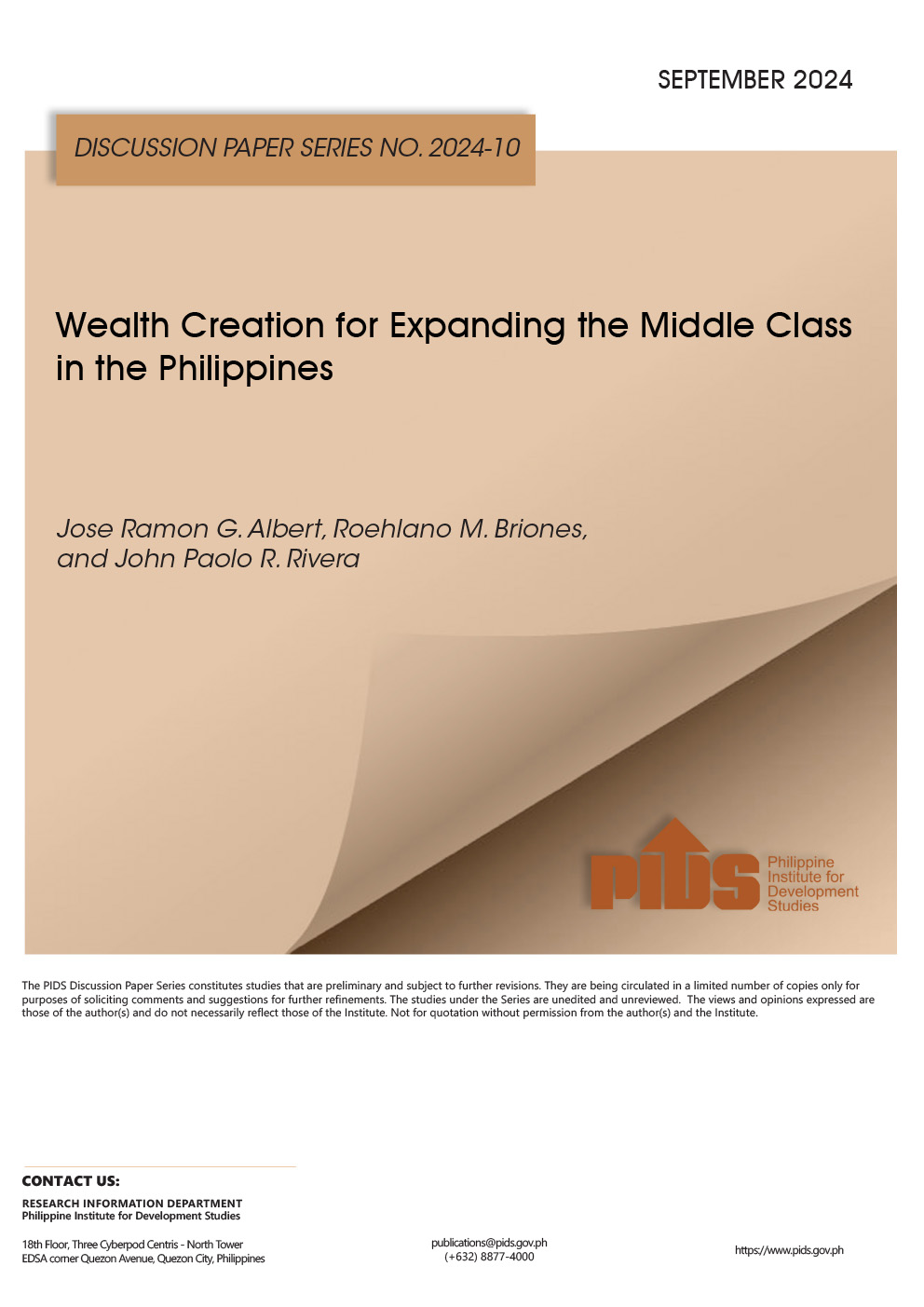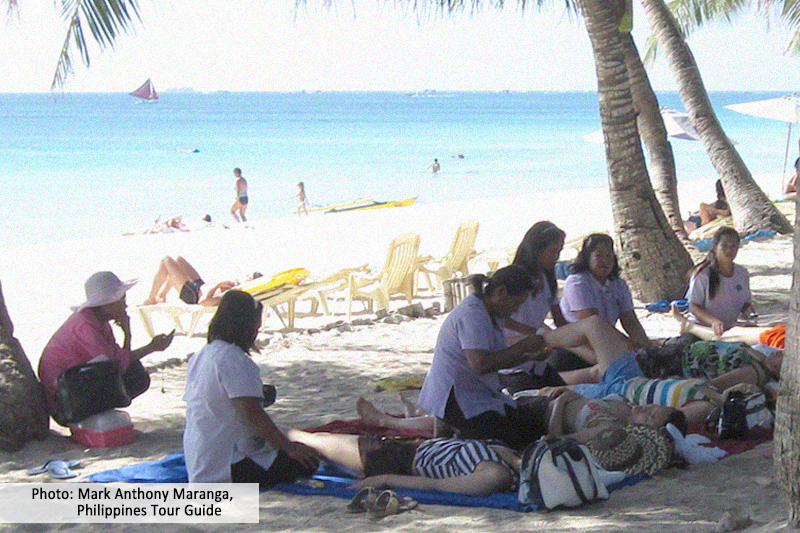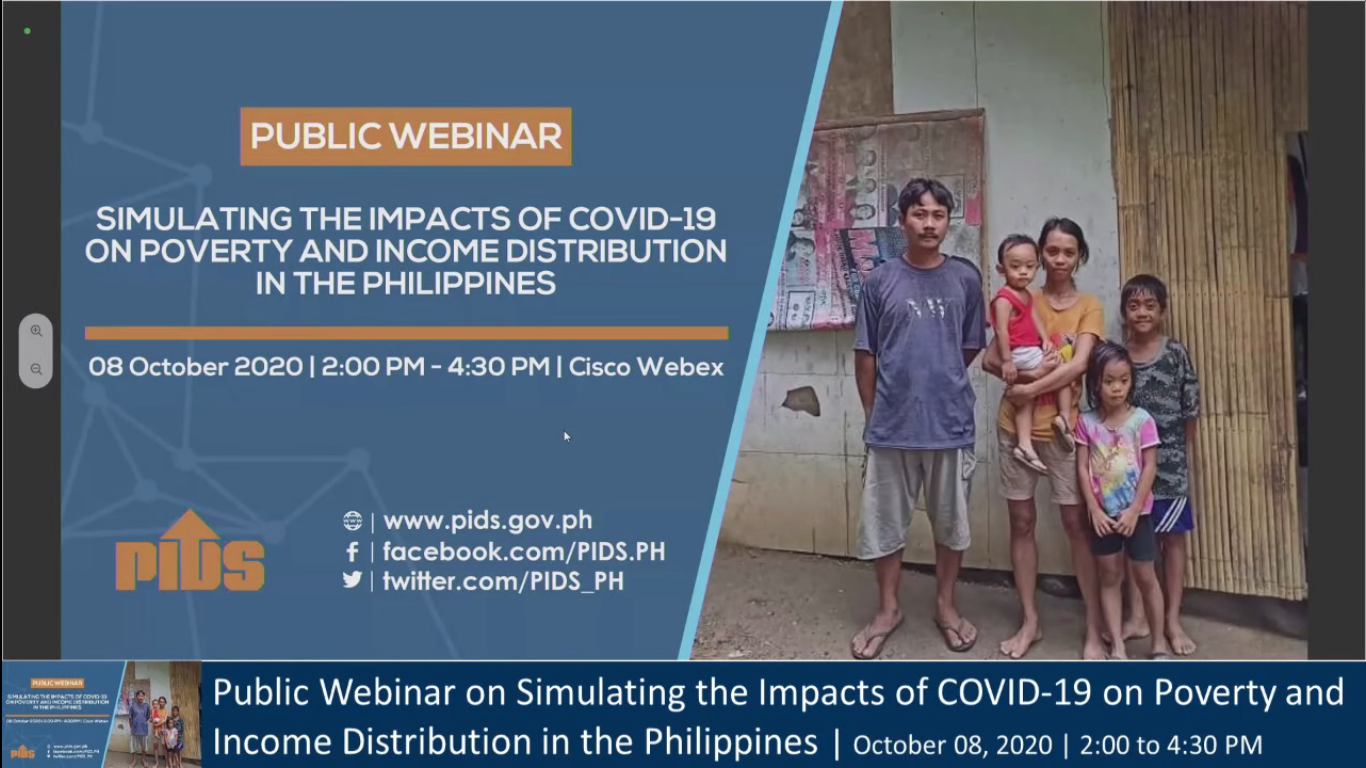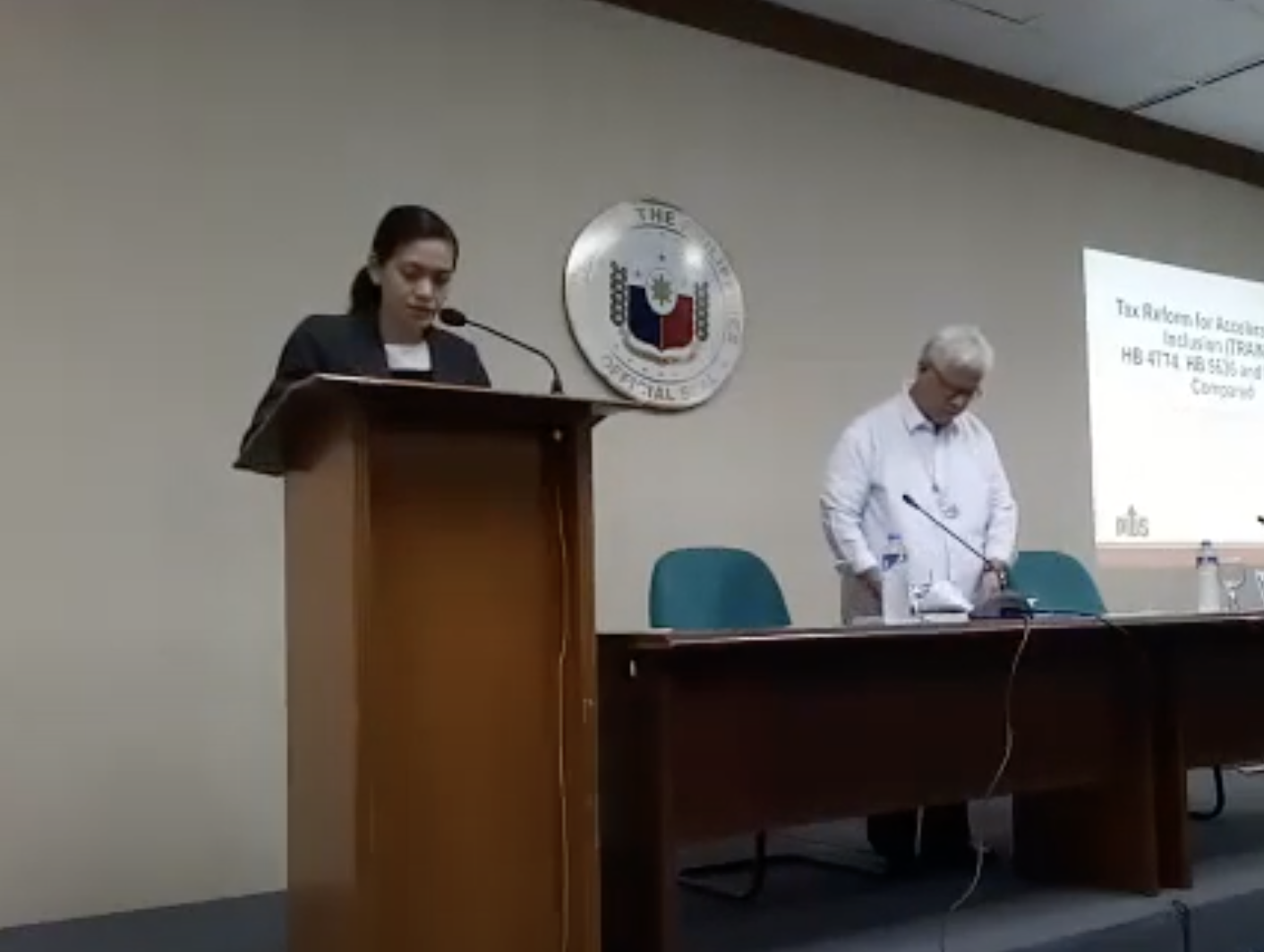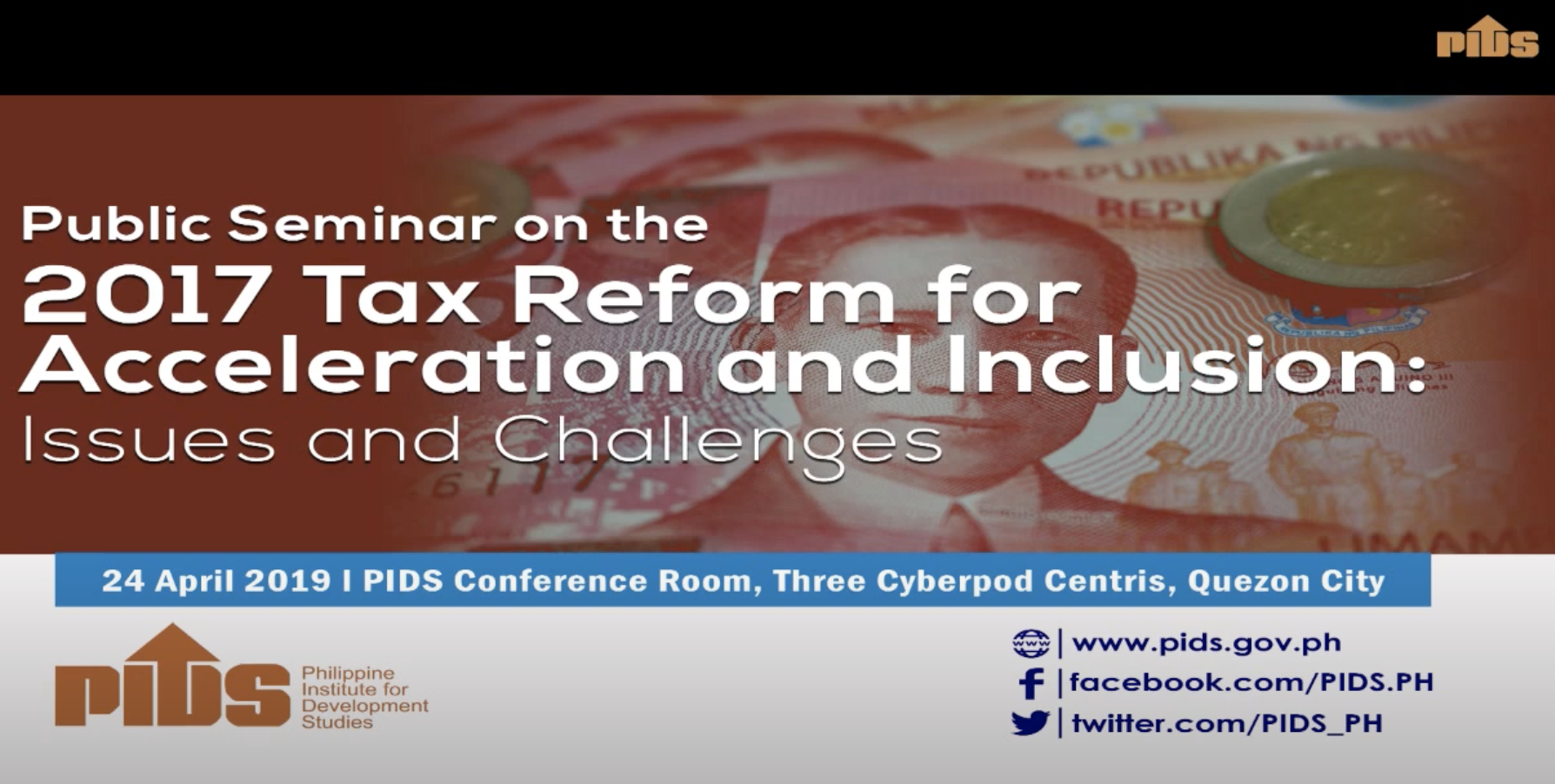FORMER senator Juan Miguel Zubiri said he will push for up to P250-billion in personal income tax cuts to give greater buying power to middle class families and put more money in the pockets of low-income households for their consumption spending.
“The bigger the tax cut, the better. We are looking at lowering the highest personal income tax rate from 32 percent to between 20 to 25 percent, which are the prevailing highest rates in Singapore and Malaysia,” Zubiri said.
He played down a Philippine Institute for Development Studies (PIDS) report which said that proposals to slash personal income tax rates would mean billions of pesos in forgone revenue that government may have to counteract with potential additional levies elsewhere.
“The PIDS study is a one-dimensional view. Once we give the P250 billion to families for them to spend on their own – whether they decide to simply buy more groceries or procure new durable goods – a large portion of the money will be recaptured by government, since all purchases are slapped a 12 percent sales tax,” Zubiri said.
He said the extra P250 billion at the disposal of Filipino families every year would boost consumption spending, spur a large new demand for all sorts of goods and services, and drive all industries to increase output and hire more workers.
“As a result, the total amount of taxable assets and business income everywhere will also grow rapidly, thus allowing government to recover any lost revenue, plus more,” Zubiri said.
There are at least four bills seeking to reduce personal income taxes now pending in Congress. Depending on the proposal, the PIDS estimates that government would be sacrificing anywhere from P52 billion to P232 billion in annual tax revenue.
Zubiri said the tax cut is the best way to quickly energize the economy and create gainful employment for jobless Filipinos -- estimated at 9.1 million by a recent Social Weather Stations Inc. (SWS) survey.
“Without question, the positive impact of the tax concession on the economy will be immediate, massive and widespread,” he said.
Though running for the Senate as an independent, Zubiri is an adopted guest candidate on the senatorial tickets of three presidential aspirants -- Vice President Jejomar Binay, Sen. Grace Poe and Davao City Mayor Rodrigo Duterte.
The latest SWS and Pulse Asia Research Inc. pre-election surveys of voter senatorial preferences rank Zubiri as the sixth most-favored candidate.
“We cannot rely on increased government spending alone to immediately build up the economy, simply because is it usually takes years for public programs to be performed. So it also takes a very long time for the benefits to trickle out to the rest of the economy,” Zubiri said.
Increased government spending also tends to be highly concentrated on infrastructure and pay upgrades for civil servants, according to the former senator.
“We should keep less tax money in state coffers, and simply put more cash at the disposal of Filipino households, which tend to be more productive spenders than government agencies,” he said.
Analysts have blamed sluggish government spending for dragging down economy growth and jobs creation.
The Philippine economy grew 5.8 percent in 2015 -- the slowest pace in four years – and short of government’s target of seven to eight percent. (PR)//
“The bigger the tax cut, the better. We are looking at lowering the highest personal income tax rate from 32 percent to between 20 to 25 percent, which are the prevailing highest rates in Singapore and Malaysia,” Zubiri said.
He played down a Philippine Institute for Development Studies (PIDS) report which said that proposals to slash personal income tax rates would mean billions of pesos in forgone revenue that government may have to counteract with potential additional levies elsewhere.
“The PIDS study is a one-dimensional view. Once we give the P250 billion to families for them to spend on their own – whether they decide to simply buy more groceries or procure new durable goods – a large portion of the money will be recaptured by government, since all purchases are slapped a 12 percent sales tax,” Zubiri said.
He said the extra P250 billion at the disposal of Filipino families every year would boost consumption spending, spur a large new demand for all sorts of goods and services, and drive all industries to increase output and hire more workers.
“As a result, the total amount of taxable assets and business income everywhere will also grow rapidly, thus allowing government to recover any lost revenue, plus more,” Zubiri said.
There are at least four bills seeking to reduce personal income taxes now pending in Congress. Depending on the proposal, the PIDS estimates that government would be sacrificing anywhere from P52 billion to P232 billion in annual tax revenue.
Zubiri said the tax cut is the best way to quickly energize the economy and create gainful employment for jobless Filipinos -- estimated at 9.1 million by a recent Social Weather Stations Inc. (SWS) survey.
“Without question, the positive impact of the tax concession on the economy will be immediate, massive and widespread,” he said.
Though running for the Senate as an independent, Zubiri is an adopted guest candidate on the senatorial tickets of three presidential aspirants -- Vice President Jejomar Binay, Sen. Grace Poe and Davao City Mayor Rodrigo Duterte.
The latest SWS and Pulse Asia Research Inc. pre-election surveys of voter senatorial preferences rank Zubiri as the sixth most-favored candidate.
“We cannot rely on increased government spending alone to immediately build up the economy, simply because is it usually takes years for public programs to be performed. So it also takes a very long time for the benefits to trickle out to the rest of the economy,” Zubiri said.
Increased government spending also tends to be highly concentrated on infrastructure and pay upgrades for civil servants, according to the former senator.
“We should keep less tax money in state coffers, and simply put more cash at the disposal of Filipino households, which tend to be more productive spenders than government agencies,” he said.
Analysts have blamed sluggish government spending for dragging down economy growth and jobs creation.
The Philippine economy grew 5.8 percent in 2015 -- the slowest pace in four years – and short of government’s target of seven to eight percent. (PR)//

